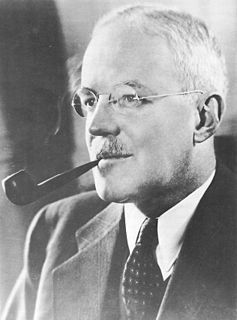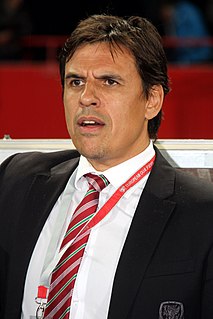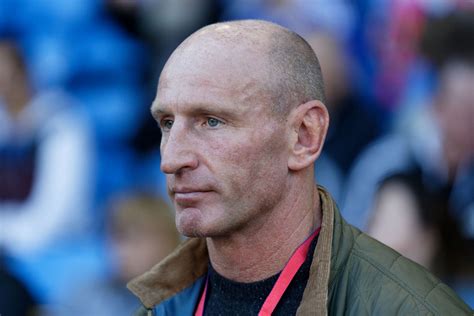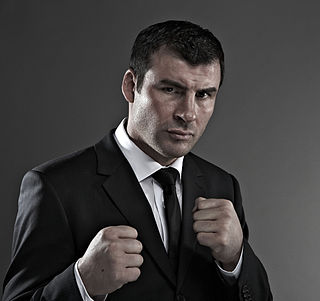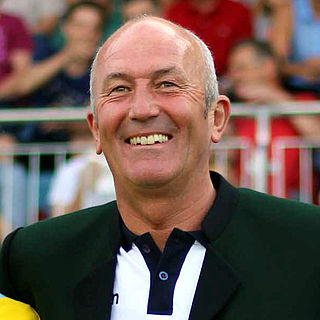A Quote by Allen Dulles
One of our greatest assets is that all men aspire to be equal and free. This fact haunts the rulers of the Kremlin today for even they cannot change this law of nature and they know it. It is up to us, not only by example but by positive acts, to make the most of this driving force within mankind.
Related Quotes
I believe that the sum total of the energy of mankind is not to bring us down but to lift us up, and that is the result of the definite, if unconscious, working of the law of love. The fact that mankind persists shows that the cohesive force is greater than the disruptive force, centripetal force greater than centrifugal.
I know that God loves us. He allows us to exercise our moral agency even when we misuse it. He permits us to make our own decisions. Christ cannot help us if we do not trust Him; He cannot teach us if we do not serve Him. He will not force us to do what's right, but He will show us the way only when we decide to serve Him. Certainly, for us to serve in His kingdom, Christ requires that we experience a change of thought and attitude.
Government cannot make us equal; it can only recognize, respect, and protect us as equal before the law. That [affirmative action] programs may have been motivated, in part, by good intentions cannot provide refuge from the principle that under our Constitution, the government may not make distinctions on the basis of race.
I know that my race must change. We cannot hold our own with the white men as we are. We only ask an even chance to live as other men live. We ask to be recognized as men. We ask that the same law shall work alike on all men. If an Indian breaks the law, punish him by the law. If a white man breaks the law, punish him also.
In the many forms of government which have sprung up there has always been an acknowledgement of justice and proportionate equality, although mankind fail in attaining them, as indeed I have already explained. Democracy, for example, arises out of the notion that those who are equal in any respect are equal in all respects; because men are equally free, they claim to be absolutely equal.
The very idea of freedom presupposes some objective moral law which overarches rulers and ruled alike. Subjectivism about moral values is eternally incompatible with democracy. We and our rulers are of one kind only so long as we are subject to one law. But if there is no Law of Nature, the ethos of any society is the creation of its rulers, educators and conditioners; and every creator stands above and outside his own creation.
Since nature does not endow all men with equal beauty or equal intelligence, and the faculty of volition leads men to make different choices, the egalitarians propose to abolish the "unfairness" of nature and of volition, and to establish universal equality in fact - in defiance of facts. It is not equality before the law that they seek, but inequality: the establishment of an inverted social pyramid, with a new aristocracy on top - the aristocracy of non-value.
In libertinage, nothing is frightful, because everything libertinage suggests is also a natural inspiration; the most extraordinary, the most bizarre acts, those which most arrantly seem to conflict with every law, every human institution... even those that are not frightful, and there is not one amongst them all that cannot be demonstrated within the boundaries of nature.
The most important benefit of patience consists in the way it acts as a powerful antidote to the affliction of anger - the greatest threat to our inner peace, and therefore our happiness. The mind, or spirit, is not physical, it cannot be touched or harmed directly. Only negative thoughts and emotions can harm it. Therefore, only the corresponding positive quality can protect it.
A small knowledge of human nature will convince us, that, with far the greatest part of mankind, interest is the governing principle... Few men are capable of making a continual sacrifice of all views of private interest, or advantage, to the common good. It is vain to exclaim against the depravity of human nature on this account; the fact is so, the experience of every age and nation has proved it and we must in a great measure, change the constitution of man, before we can make it otherwise. No institution, not built on the presumptive truth of these maxims can succeed.
But we are pledged to set the world free. Our toil must be in silence, and our efforts all in secret. For in this enlightened age, when men believe not even what they see, the doubting of wise men would be his greatest strength. It would be at once his sheath and his armor, and his weapons to destroy us, his enemies, who are willing to peril even our own souls for the safety of one we love. For the good of mankind, and for the honor and glory of God.
The law is equal before all of us; but we are not all equal before the law. Virtually there is one law for the rich and another for the poor, one law for the cunning and another for the simple, one law for the forceful and another for the feeble, one law for the ignorant and another for the learned, one law for the brave and another for the timid, and within family limits one law for the parent and no law at all for the child.
